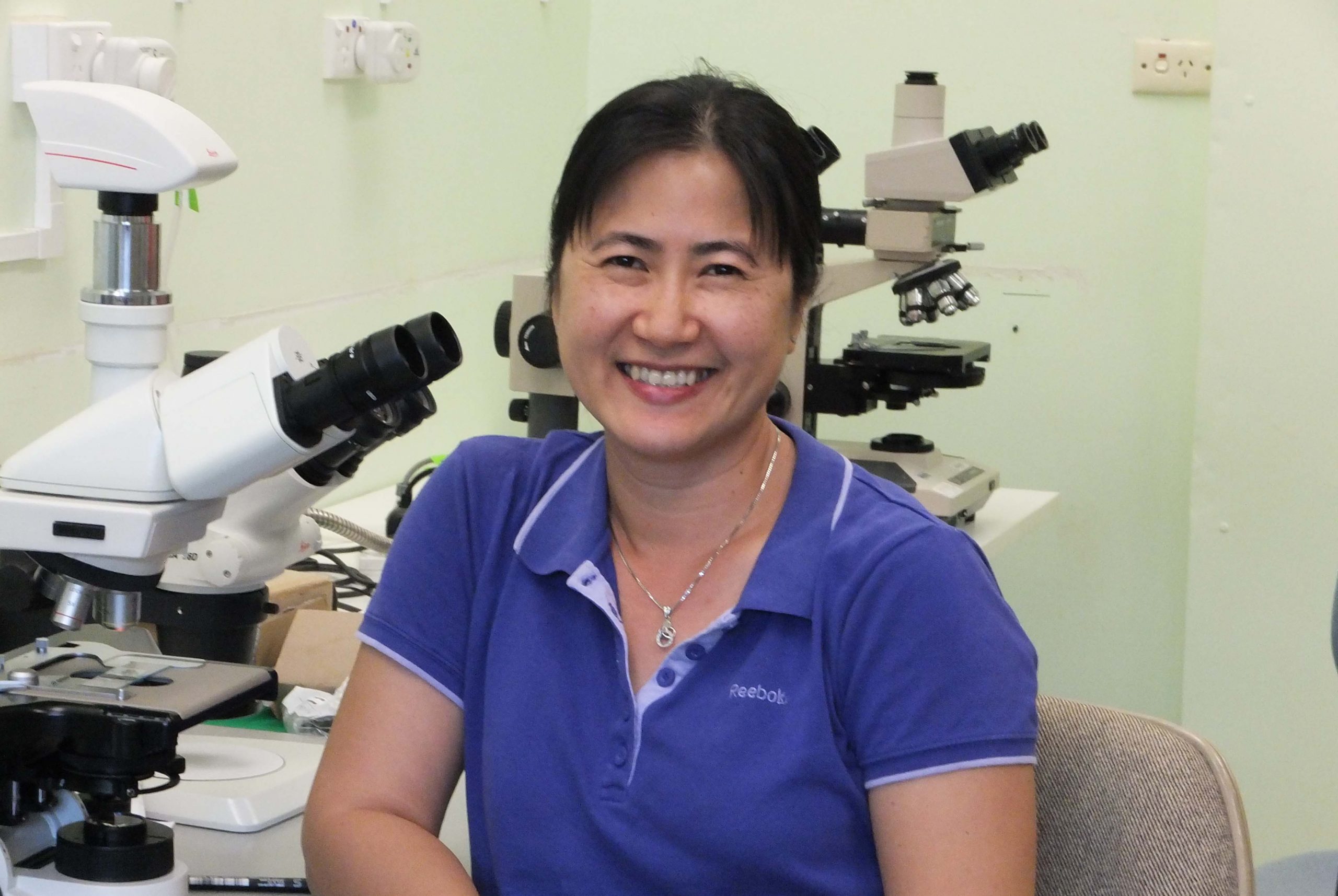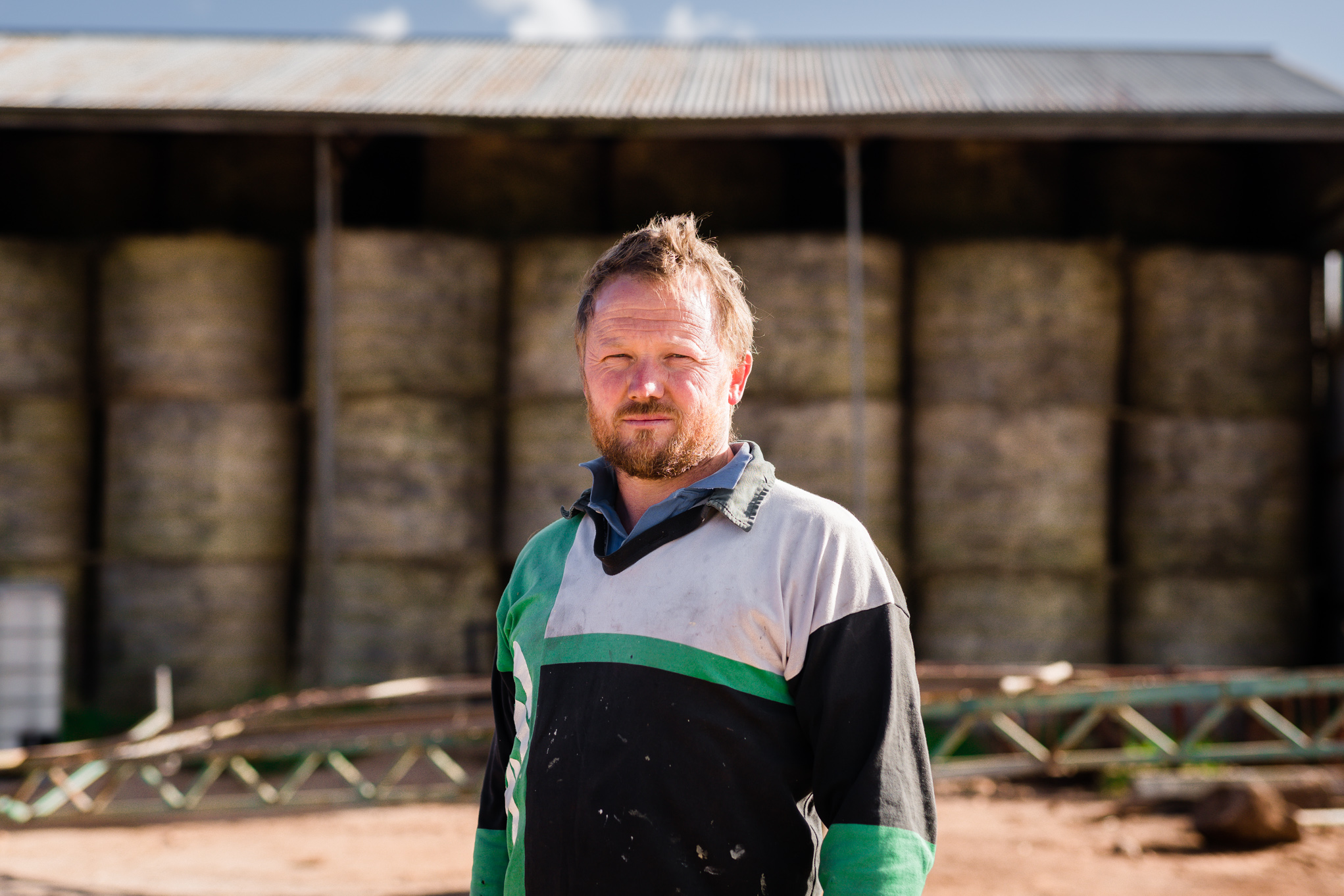
Meet Dr Lucy Tran-Nguyen: The Top End ‘ologist’
28 February 2022
Putting soil first in Tassie potato crops
28 February 2022AUSVEG is pleased to release its Federal Election priorities for the upcoming 2022 Federal Election.
Throughout the latter half of 2021 and in early 2022, AUSVEG has consulted and engaged with its growers and State Members to produce a comprehensive set of policies to support our growers and industry. We have made a conscious effort to construct both short- and long-term policy goals that will assist growers into the future.
It is essential to lay out a clear set of priorities that strongly reflects the needs of our industry. These will help to form the basis of AUSVEG’s advocacy agenda for the next government term – and beyond.
Throughout the development of AUSVEG’s Federal Election priorities, we made sure to ‘truth test’ many of the policy asks to ensure it would meet the needs of growers nationally.
It was also important to think longer term in how we want the industry to look – not just beyond the COVID pandemic, which has dominated our lives for the last two years – but to think how we want the industry to look and operate in five- and 10-years’ time.
The development of a unified position provides the vegetable and potato sector with the best chance of a policy result.
Our priorities circulate around three core themes including:
- Driving increased consumption.
- Developing more efficient businesses.
- Becoming a more resilient industry.
Driving increased consumption leads to both domestic and overseas opportunities. Increasing domestic consumption requires bold new thinking to tackle a persistent and worsening problem. Data from the Fruit & Vegetable Consortium (FVC) indicates that vegetable consumption is too low and declining over time. However, the FVC outlines the benefits of increasing vegetable consumption, with an increase of just one serve of vegetables per day conservatively generating an incremental increase in industry returns of $1.3 billion per year. On the export front, the vegetable industry is just getting started. Increasing trade and market access to countries such as Singapore, UAE, Malaysia, South Korea, Hong Kong and Thailand will further enhance our selling opportunities for growers.
Developing more efficient businesses starts with access to a more efficient, reliable and competent workforce. While the Australian Agriculture Visa and Pacific Island programs are significant pieces of that complex puzzle, other pieces include affordable and reasonable accommodation options for workers and greater skilled career opportunities for the domestic workforce. Improved business management and negotiation skills are critical for farm businesses to become more prepared to effectively negotiate with their buyers and their banks. While greater market transparency will increase grower knowledge of pricing fluctuations and give them access to the free, timely and accurate market information they need to make more informed decisions for benefit of their business.
Becoming a more resilient industry is about planning for the future. This includes better understanding our customers’ expectations and preparing for the constant challenges that the climate brings. From fires, floods, droughts and COVID, our growers have dealt with a wide range of issues outside of their control, but they can prepare to mitigate the impacts on their businesses and on our future food security. It also includes improved management for food safety and how the uptake in new technology can assist in ensuring Australia’s fresh produce is safe for all consumers. These central themes are the core of the development of the vegetable and potato sector as it strives to become an $8 billion sector by 2030.
From here, we divided our priorities into nine pillars including: increasing domestic consumption, workforce, regenerative systems, biosecurity, emergency preparation and prevention, competition and business, international trade, infrastructure, and the next generation.
Our top policy requests include:
- $100 million to develop and execute a national strategy and behavioural change program.
Australians consume an alarmingly low number of vegetables a day. The declining servings is now a multi-billion-dollar problem that is impacting the economic, health, social, and environmental wellbeing of all Australians. Although this is critical for the health of Australians, it is also dire for our industry. A national strategy has the ability to improve the health of Australians, as well as stimulate the vegetable and potato industry with jobs and improve regional communities.
- Delivering a fully operational Australian Agriculture Visa.
An Agriculture Visa will help growers access an efficient, reliable and competent workforce. It will also give businesses the confidence to grow and improve, knowing they have a competent workforce to back them up.
- Deliver a National Labour Hire Licencing Scheme.
The implementation of a National Labour Hire Licencing Scheme would give greater confidence for growers and workers that the labour hire providers are operating legally and ethically. They can simply present a licence to a grower upon arrival.
The COVID-19 pandemic has shone a light on many issues within our industry and created consistent challenges. We will continue to work through these challenges to support our industry; however, these policies are not solely focused on COVID recovery.
These policies look to create long-term change well after the pandemic has subsided, helping our industry become stronger and more resilient to future challenges.
These priorities will help our industry strive towards the goal of being a $8 billion sector by 2030, and simultaneously have immense flow-on effects to the broader Australian and international community.
The process
AUSVEG has been hard at work developing these priorities to strongly reflect the needs of our industry.
The development process began in early August 2021, where we held comprehensive discussions with our State Members to identify core issues. Following these discussions, we released an Australia-wide survey to our growers to help truth test the policy asks and provide further input.
AUSVEG has already begun its advocacy in the lead-up to the Federal Election briefing key ministers, MPs and departments in December 2021. AUSVEG briefed key ministers and members including Agriculture Minister David Littleproud, Member for Wright Scott Buccholz, Member for Forrest Nola Marino, Member for Mallee Anne Webster, and many others.
AUSVEG has also briefed the Department of Agriculture, Water and Environment (DAWE) and Federal Treasury. We will continue to advocate these policies throughout 2022 and beyond.
Overall, we received very positive feedback and look forward to meeting with more politicians this year.
The next stages of our Federal Election process will be developing a Pre-Budget Submission with more detailed points on each of our priorities to submit to Treasury. Following this, AUSVEG will be doing more face-to-face meetings (pending COVID restrictions) with politicians around the country.
AUSVEG welcomes growers and members to provide feedback on our Election Priorities. Please don’t hesitate to email or call our advocacy team on the details below.
You can also view the full 2022 Federal Election Priorities document by clicking here.
Get in touch
For further details, please contact Tyson Cattle or Chloe Betts on the below details.
Tyson Cattle
National Public Affairs Manager
Phone: 03 9882 0277
Email: tyson.cattle@ausveg.com.au
Chloe Betts
Policy Officer
Phone: 03 9882 0277
Email: chloe.betts@ausveg.com.au

